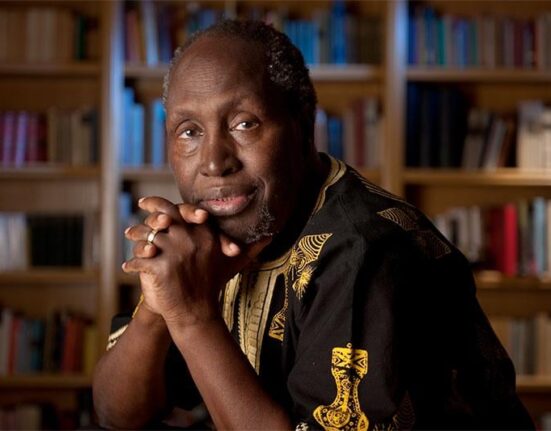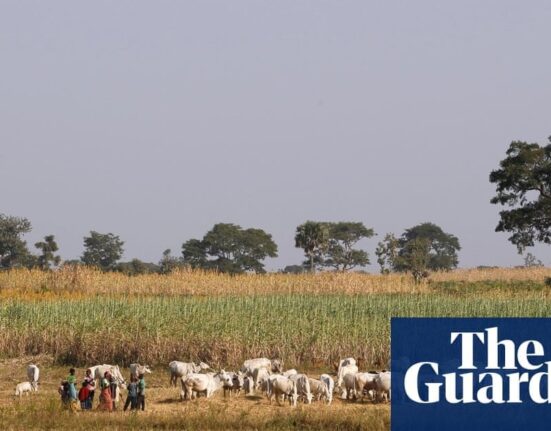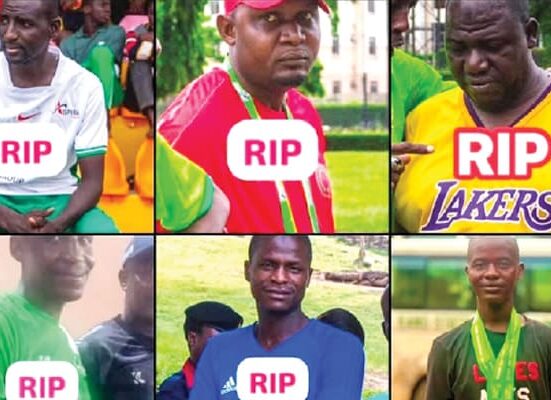In a recent development that sparked significant attention internationally, General Michael Langley of the African Command (AFRICOM) found himself at the center of controversy following his remarks during a U.S. Senate Committee on Armed Services session. The Chairman of the Committee raised concerns about the potential misuse of “gratuities” that could be benefiting a “strongman leader” rather than the general populace in a certain African nation. General Langley’s response to this line of questioning not only drew attention but also led to a subsequent reevaluation of his statements in the face of mounting criticism.
During the committee session on 13 April, General Langley made a statement that caught the interest of many, particularly in the context of international relations and the dynamics of power in African nations. He referenced Captain Ibrahim Traore in Burkina Faso, suggesting a connection between the country’s gold reserves and the support provided to what he initially termed a “Junta regime.” This characterization raised eyebrows and sparked concerns about the implications of such assertions on diplomatic relations and perceptions of governance in Burkina Faso.
General Langley’s initial description of the situation in Burkina Faso as a “Junta regime” rather than a sovereign nation underscored the gravity of his statements and the potential ramifications of such language on diplomatic discourse.
However, in a notable shift that followed the intense scrutiny and backlash in the aftermath of his statements, General Langley appeared to backtrack on his earlier remarks. His subsequent communications portrayed a different narrative, emphasizing progress and positive developments in Burkina Faso, contrary to his initial portrayal of the situation. This pivot in language and tone signaled a recalibration of his stance, possibly in response to the public reaction and the need to clarify his position on the matter.
The unfolding of events surrounding General Langley’s statements and their subsequent revision exemplifies the delicate nature of international relations and the nuances of diplomatic communication. The impact of words spoken in official capacities, especially by individuals in influential positions, can reverberate far beyond the immediate context, shaping perceptions and shaping diplomatic dynamics between nations. In this case, the General’s remarks elicited a strong response, prompting a reassessment of his rhetoric and the need to align his messaging with broader diplomatic objectives.
It is essential to recognize the significance of diplomatic language and the implications of statements made by officials on the international stage, as they can influence alliances, perceptions, and policy decisions that impact global relations.
The subsequent interview conducted by Citizen TV Kenya with General Langley in the aftermath of the controversy provided a platform for further clarification and insight into his revised perspective on the situation in Burkina Faso. The evolving narrative presented by the General in this interview shed light on the complexities of navigating diplomatic challenges and the importance of addressing concerns raised by various stakeholders in the international community.
As the discussion surrounding General Langley’s statements continues to unfold, it serves as a reminder of the intricacies involved in managing diplomatic relations and the need for clarity, precision, and sensitivity in official communications. The episode also highlights the role of public scrutiny and international solidarity in holding officials to account and shaping the discourse on critical issues that impact nations and their citizens.
In conclusion, the case of General Langley’s backtrack on his initial statements following international backlash underscores the dynamic nature of diplomatic engagements and the imperative of maintaining transparency, accountability, and constructive dialogue in navigating complex geopolitical landscapes. The incident serves as a reminder of the power of public discourse and the influence of community perspectives in shaping diplomatic outcomes and fostering mutual understanding between nations.









Leave feedback about this